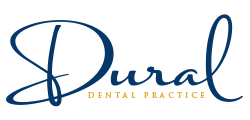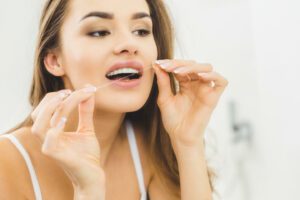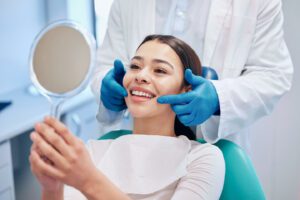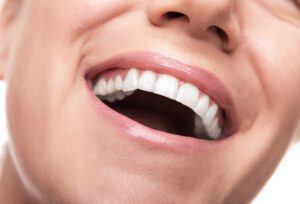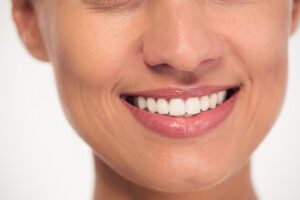Tooth decay and erosion are on the rise amongst active Australians. This is linked partly to the increasing use of specialised sports products/drinks that are designed to deliver a compact and easily digested package of key nutrients and fluid during exercise. The acidity and sugar in these beverages, especially when consumed over long periods of time can cause “tooth erosion” and “decay”.
Sports Products Commonly Used By Athletes & Active People
- Sports drinks – compact and easy to digest carbohydrates for fuelling before, during or after exercise with added benefit of providing fluid and electrolytes. This allows athletes to meet both energy and hydration needs concurrently.
- Intra workout supplements – used to promote a “muscle building” environment during resistance training.
- Sports gels & lollies – compact forms of carbohydrates that are easy to digest.
Potential issues for teeth:
- Predominant ingredients in sports drinks and lollies are a simple form of carbohydrates – sugar (glucose and fructose).
- Sports drinks are acidic with the pH of commercially available sports drinks ranging between 2.5 to 4.5.
- Frequent sipping throughout exercise and consumption of lollies can increase exposure of teeth to sugar and acid.
- Further increased risk to teeth to drink when dehydrated and salivary flow is low
- Athletes often rinse mouthguards with sports drinks (rather than water) increasing the contact time of teeth to sugars and acid
Simple Tips To Benefit Dental Health
- Drink tap water – to maintain hydration
- Avoid swishing sports drinks around in your mouth
- Sports drinks or intra workout supplements should be used carefully and excessive, unnecessary use should be discouraged
- Foods rich in calcium and phosphate (like dairy foods) can help to re-mineralise the tooth surface and can form part of the recovery meal of the athlete
- Use a straw to help minimise contact of the sports drink with teeth
- Some brands of sports drinks have added calcium to reduce their erosive potential
- Sports drinks should be made up as per the instructions – using less water than specified will lead to a more concentrated syrupy beverage that may be more damaging to teeth
- Avoid rinsing mouthguards with sports drink – use water instead
- When using sports lollies or gels, drink water instead of sports drinks to dilute the concentrated sugar content
- Avoid dehydration to lower risk of dental decay from reduced salivary flow
- Delay brushing your teeth for at least 60 mins after consuming sports drinks, intra workout drinks or soft drinks to enable tooth surface to reharden
- If exercising late at night, avoid consuming acidic foods or drinks immediately before bed
